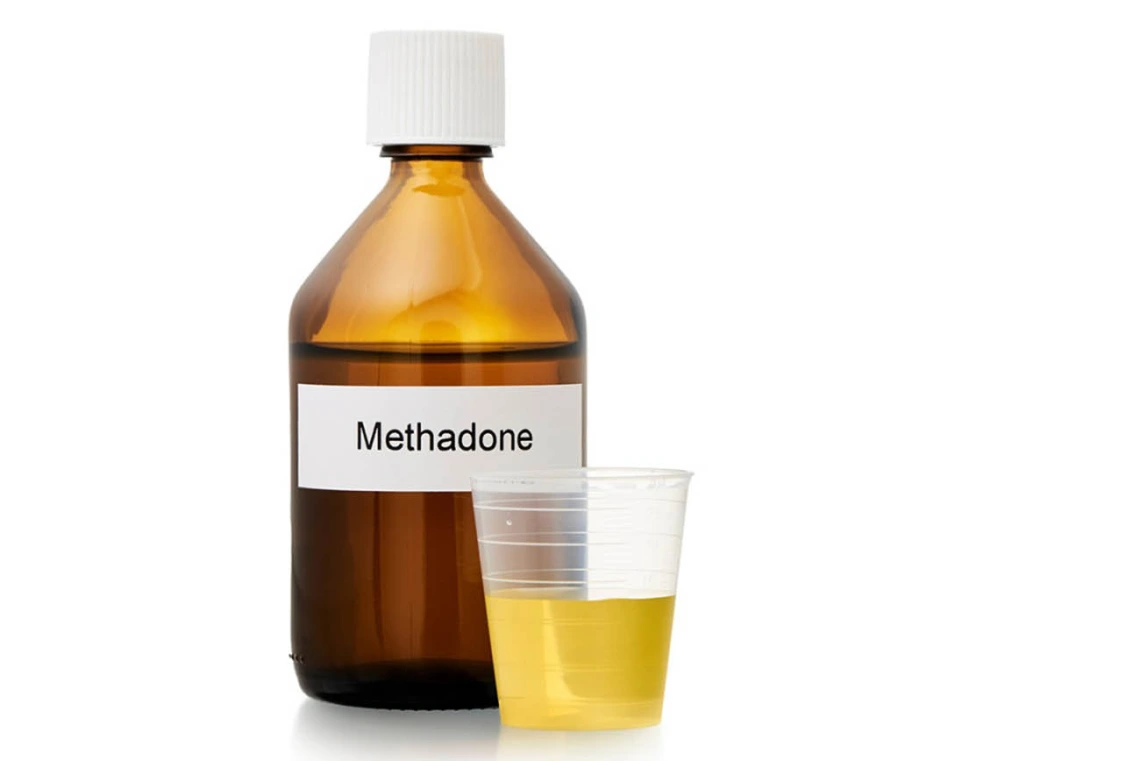Study seeks to transform methadone treatment for opioid use disorder
The MPACT study will develop and test a medical intervention to address critical gaps in current methadone maintenance treatment for opioid use disorder.

University of Arizona Health Sciences researchers will use a $1 million grant from the National Institute on Drug Abuse to begin a study that seeks to transform the delivery of methadone, a key treatment for opioid use disorder that is known to reduce overdose deaths.

Beth Meyerson, PhD, is the director of policy for the Comprehensive Pain and Addiction Center at the University of Arizona Health Sciences, and a professor and director of the Harm Reduction Research Lab in the Department of Family and Community Medicine at the College of Medicine – Tucson.
Beth Meyerson, PhD, professor and director of the Harm Reduction Research Lab in the Department of Family and Community Medicine at the UArizona College of Medicine – Tucson, will lead “Methadone Patient Access to Collaborative Treatment,” or MPACT. Over the next two years, the study will collaboratively develop and test a patient-empowered, trauma-informed methadone treatment protocol in Arizona.
“Improving methadone treatment is critical because one person dies from an opioid overdose every five minutes in this country,” said Meyerson, director of policy for the UArizona Health Sciences Comprehensive Pain and Addiction Center. “Access to methadone has been found to reduce opioid overdoses by 80%, but it is currently being delivered in ways that can create suboptimal patient outcomes where only 30% of patients complete treatment and over 30% experience significant treatment interruptions.”
MPACT will establish an innovative methadone treatment protocol in collaboration methadone staff and patients in Arizona. This will be paired with a four-part, staff-focused intervention to reduce work-related trauma to improve care.
“Vicarious trauma has been found to impact both patient care and staff recognition of the need to adopt treatment and practice innovations,” Meyerson said.
The research team includes faculty from across the U.S., including at New York University, the University of Kentucky, Western Michigan University and Indiana University. Meyerson is working with leaders and staff of Community Medical Services, an organization that operates more than 60 opioid treatment programs, or methadone clinics, in 11 states. Consulting on the study is the Drug Policy Research and Advocacy Board. The statewide group of providers, patients, people with lived drug use experience, harm reduction organizations, government partners, and payors, which can include entities such as insurance companies or employers that pay for services rendered by health care providers, advises studies across Meyerson’s lab.
Funded by NIDA, a division of the National Institutes of Health, this two-year grant is the first of a two-phased multi-year award for Meyerson.
“This study is the crucial first step in assessing MPACT’s feasibility, acceptability and preliminary effects on patient and staff outcomes,” Meyerson said. “Once our established milestones are reached from the pilot program, the second phase of funding will enable us to expand the study of MPACT among 30 clinics with 600 patients and 450 staff members across the U.S.”
“Dr. Meyerson’s study is a prime example of our department’s emphasis of social justice through medicine,” said Kristen Rundell, MD, professor and chair of the Department of Family and Community Medicine. “She and her team will lead the transformation of a critical medical practice to improve the lives of people who are disenfranchised and separated from the health care system.”
The study, “Methadone Patient Access to Collaborative Treatment,” is funded by the National Institute on Drug Abuse, a division of the National Institutes of Health, under award no. R61DA059889.
Contact
Darci Slaten
Department of Family and Community Medicine, College of Medicine – Tucson
520-626-2859, darcis@ arizona.edu

